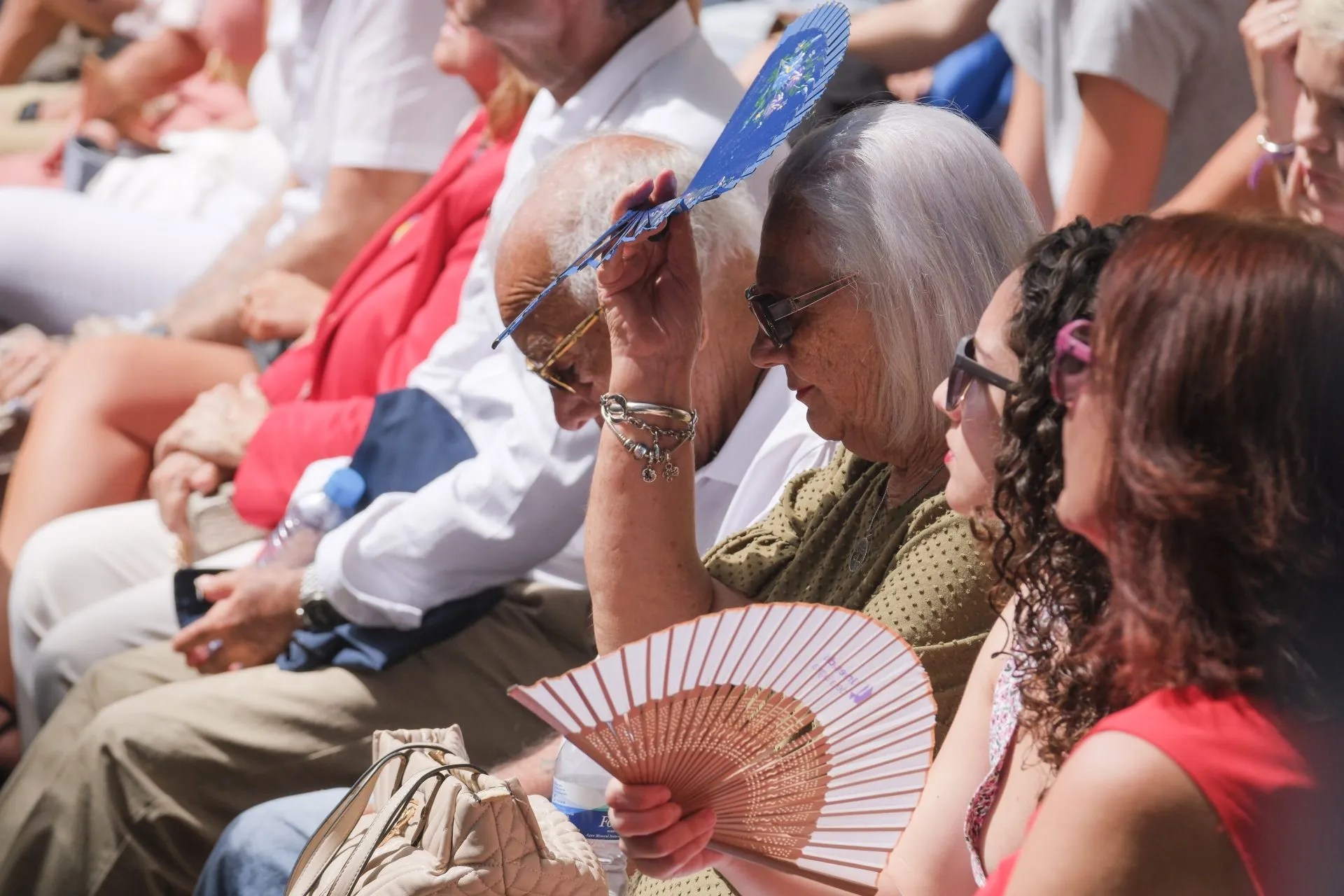The trade unions coordinating the strike in the hospitality and tourism sectors in the province of Santa Cruz de Tenerife have reiterated the success of the strike on its second day, maintaining an average participation rate of 70%. In many instances, the minimum services mandated by the Government of the Canary Islands are not being adhered to.
Manuel Fitas, a leader of the predominant union in the sector, has insisted that employers in the industry must “take note,” and that the Canary Islands government “should transition from mediation to pressure” on business owners to prevent further strike actions, ensuring that the wealth created by tourism translates into improved rights and wages for the workforce.
The employers have expressed their readiness to engage in dialogue beginning Monday, albeit from a clean slate, as they have retracted their previous offer which had been declined just before the strike by the delegate assemblies and labourers. This offer had suggested an increase of up to 6% in the salary pool, according to their estimates.
On this second day, those on strike continue to demonstrate in front of hotels in tourist areas, staging a protest at the beach of Las Américas in the south of the island, as well as a gathering in Puerto de la Cruz, located to the north.
While business organisations have not provided participation statistics, they place the average participation rate at over 70%, reportedly even higher on this second day, as many of those who attended work on Thursday have chosen to join the strike after realising they had to extend their shifts to cover for absentees.
The participation rates vary across different areas and departments within the hotels, with a significant impact observed in the restoration and culinary sectors, while those in reception, technical services, and cleaning show lower participation.
The highest levels of participation are noted in hotels located in southern Tenerife, with rates reaching up to 80%. In contrast, participation in the northern parts of the island and La Gomera exceeds 60%, according to union figures.
The base trade unionists have denounced that companies have arbitrarily designated certain workers from each department as minimum service personnel, knowing that these individuals would support the strike.
Numerous workers have disregarded these minimum service protocols in hotels, whereby the number of staff attending work has already surpassed the limits set by the Canary Islands government, which ranges from 15% to 25%, depending on the specific roles.
The minimum services have been contested in the Superior Court of Justice of the Canary Islands, as the unions argue that hospitality does not equate to an essential service for society, unlike transport or healthcare.
In any event, a finite number of workers should have been designated to “ensure the safety of premises or individuals,” according to the unions, which have announced plans to take legal action against companies that have utilised minimum services to undermine the right to strike.
Companies that have recruited staff through temporary work agencies to fill in for striking workers will also face legal action, as this is “explicitly prohibited.”















